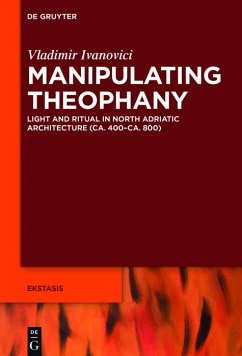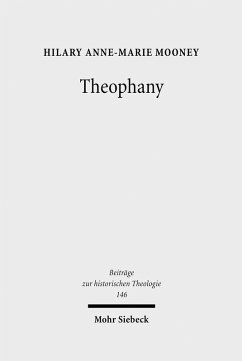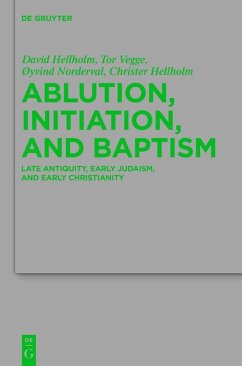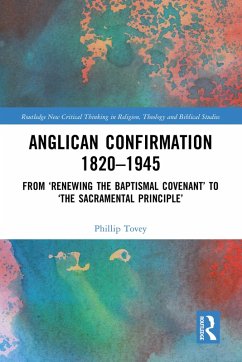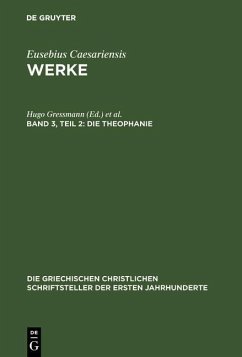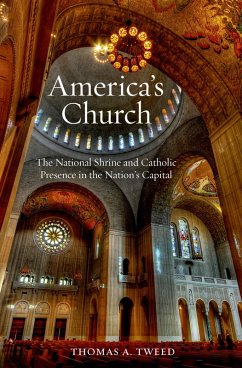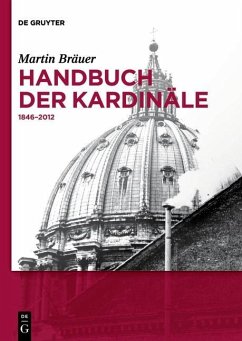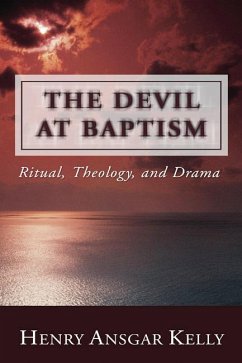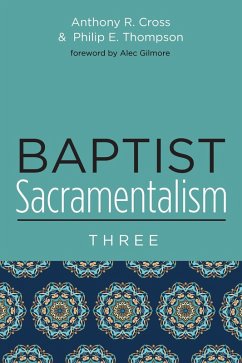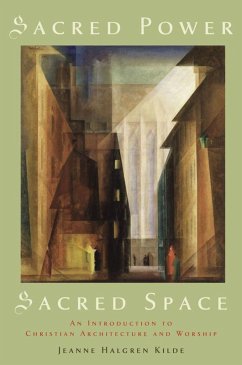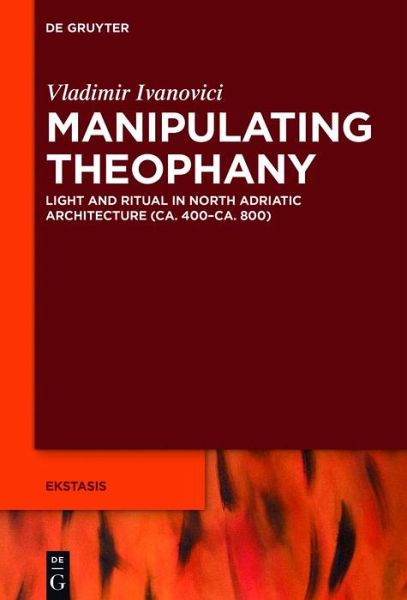
Manipulating Theophany (eBook, PDF)
Light and Ritual in North Adriatic Architecture (ca. 400-ca. 800)
Versandkostenfrei!
Sofort per Download lieferbar
115,95 €
inkl. MwSt.
Weitere Ausgaben:

PAYBACK Punkte
58 °P sammeln!
Using light as fil rouge reuniting theology and ritual with the architecture, decoration, and iconography of cultic spaces, the present study argues that the mise-en-scène of fifth-century baptism and sixth-century episcopal liturgy was meant to reproduce the luminous atmosphere of heaven. Analysing the material culture of the two sacraments against common ritual expectations and Christian theology, we evince the mannerin which the luminous effect was reached through a combination of constructive techniques and perceptual manipulation. One nocturnal and one diurnal, the two ceremonials repres...
Using light as fil rouge reuniting theology and ritual with the architecture, decoration, and iconography of cultic spaces, the present study argues that the mise-en-scène of fifth-century baptism and sixth-century episcopal liturgy was meant to reproduce the luminous atmosphere of heaven. Analysing the material culture of the two sacraments against common ritual expectations and Christian theology, we evince the mannerin which the luminous effect was reached through a combination of constructive techniques and perceptual manipulation. One nocturnal and one diurnal, the two ceremonials represented different scenarios, testifying to the capacity of church builders and willingness of Late Antique bishops to stage the ritual experience in order to offer God to the senses.
Dieser Download kann aus rechtlichen Gründen nur mit Rechnungsadresse in A, B, BG, CY, CZ, D, DK, EW, E, FIN, F, GR, HR, H, IRL, I, LT, L, LR, M, NL, PL, P, R, S, SLO, SK ausgeliefert werden.




